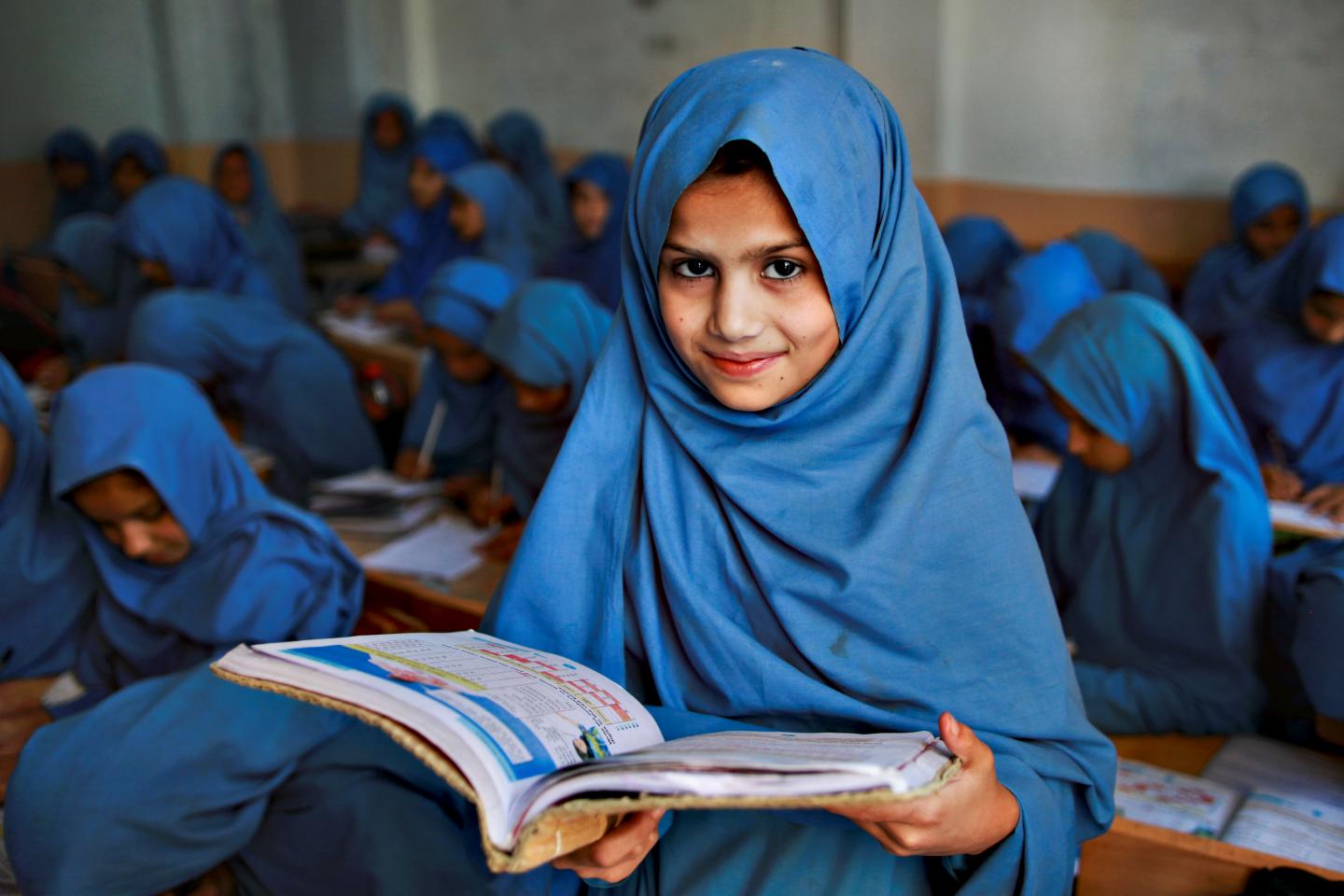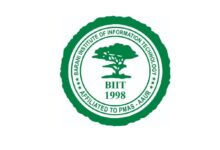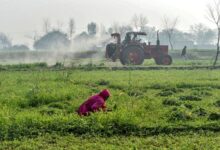Intl Day of Education: Covid-19 exposes poorly structured education system, digital expansion

As Covid-19 continues to reinvent education system around the world, the transition to online learning has been an uphill task for many developing countries, especially for Pakistan.
The country, which despite of its claim for digital expansion and hefty foreign assistance under education support program, still has the lowest internet penetration rate in all of South Asian region.
The pandemic exposed this lowest internet penetration rate when the state announced a country-wide lockdown packing students belong to far-flung regions of the country to their homes and initiating online classes.
Students protests in different parts of the country remain hot news during the lockdown and the protest demonstrations of students are continue even at the end of January 2021.
Human Rights Activist and Editor the Diplomat Insight Farhat Asif when asked about the impact of covid-19 on quality of education said the Covid-19 pandemic has not only exposed our poorly structured education system but teachers’ capabilities and skills.
She said that the Covid-19 also exposed how much a teacher was dependent on bookish knowledge and promoting the culture of ‘ratta system’, instead of motivating them for knowledge and concept celerity.
But, at the same time, challenges are there at the part of students as well as they appeared more interested in non-circular activities online like video games rather concentrating on classes.

Wrra Noor, a research student, said online classes are not at all interactive and productive as most of the students just attend their classes to mark attendance and the rest of the time they remain engage in other online activities while lecture is being delivered.
Noor, however, added that students get fed up by attending two to three hours class, and three to four classes each day, adding that sitting for many hours before computer screen is a tough task.
She has to ensure her presence with her daughters at the time of their classes to keep them stay focused on lectures, but it’s sometimes too difficult for her to manage time and space along with professional responsibilities, Farhat Asif added.
“But still I have been trying my level best to give maximum time to my daughters and I am satisfied that my interest their studies has improved their understanding about course work,” she said.
Initially, there were no elements of research in teacher’s lectures but with the passage of time they started improving it, she acknowledged.
She has two daughters and she is able to manage gadgets to ensure their online classes but sometimes I wonder what will be doing for those parents who have four or more children bound to take classes at a time and particularly those surviving in tough financial conditions, Farhat maintained.

Wraa Noor said although, online sessions help us get ourselves familiarized with new technology but still there is no comparison between online class and class in class room.
The Covid-19 also impacted the quality of education and created a wide space for the students who are least interested in studies to get good grades through cheating during online exam, Noor maintained.
Power outage is another major issue in Pakistan which is not only a great source of trouble for parents and students but teachers as well. Sometimes students missed classes and sometimes teachers confront with the power issue, said Nadia Hafiz from Rawalpindi.
Sohail Shah from Rawalpindi said the covid-19 brought many physical and mental health challenges as children are stuck at homes and there are no physical and mental activities, except to sit before computer and television.
A large majority in our country is financially poor and cannot afford purchasing gadgets for every child, Shah added.

Intl Day of Education Remind Us: Pakistan along with the countries around the world celebrates January 24 as “International Day of Education”.
The Day reminds us that without inclusive and equitable learning for all, no country can succeed in It also remind us for our collective duty to help every child without any discrimination access the quality education that is their basic right.
This is very important when an estimated 3 million children are adversely impacted by the Covid-19 pandemic and there are hundreds of thousands of parents who lack money to buy latest devices to ensure their children education.
According to the International Rescue Committee Pakistan reports survey, 18 per cent respondents believe that the educational institutes took steps to educate children through TV or social media while 5 per cent utilized distance learning methodology.
However, the critics believe that there are hundreds of thousands of children who still are unable to get access to online classes due to poverty and poor internet penetration. Currently, Pakistan has the world’s second-highest number of out-of-school children, as per UNICEF report.
Points to Ponder: In Pakistan, there are an estimated 23 million children aged 5-16 remain out of school, which is 44 per cent of the total population in this age group. The country has the world’s second-highest number of out-of-school children (OOSC) at the primary level, with 5 million children aged 5-9 not attending school.
After primary school age, the number of OOSC doubles, with an estimated 11 million adolescent between the ages of 10-14 not receiving formal education. More concerning point is that the children who are enrolled in schools are not always learning due to missing skills and innovations in dissemination of information.
The National Education Assessment Report 2016 shows that a sizable proportion of students scored below the acceptable minimum levels for core subjects.
Provision of quality education is one of the 2030 Sustainable Development Goals (SDGs)’s obligation that every member state, including Pakistan has to achieve.
For Pakistan, it is also a great tool to help achieve many other goals such as poverty eradication, decent work opportunities, economic growth, reduced inequalities, improved health and gender equality. Inclusive education not only improves the quality of common person’s lives but leads to broad social benefits to individuals and society.
Foreign Support: Pakistan’s education system was already mired with numerous challenges and the Covid-19 caused many more in the already poorly structured education system.
In such situation, foreign financial assistance to improve our education system is crucial. There are many international organizations provide financial assistance to Pakistan and European Union (EU) is one of them.
The EU, in its 2014-2020 programs, provided education support to approx 45 partner countries, including Pakistan. Currently, EU is supporting education reforms in three provinces, Sindh, KP and Baluchistan to improve access to quality education for all. For Pakistan, the EU contribution to education in 2014-2020 is indicatively € 210 million. Moreover, ECHO support to meet the needs of these children in conflict affected contexts who are out of school due to certain reasons.
Under its assistance program, EU is supporting Pakistan in full enrollment of education for all children in the age 5-14 years; uniform level of good quality education, increase in demand and supply of skilled labor. EU also provides financial support to three provinces. There are many other international donors supporting Pakistan in its reforms for an improved education system and this poor state of education can be improved but for this the state machinery would have to improve its weaknesses at all level.





